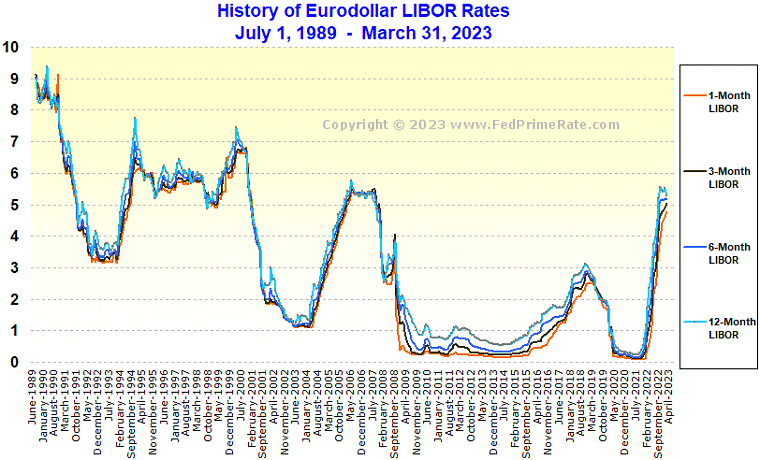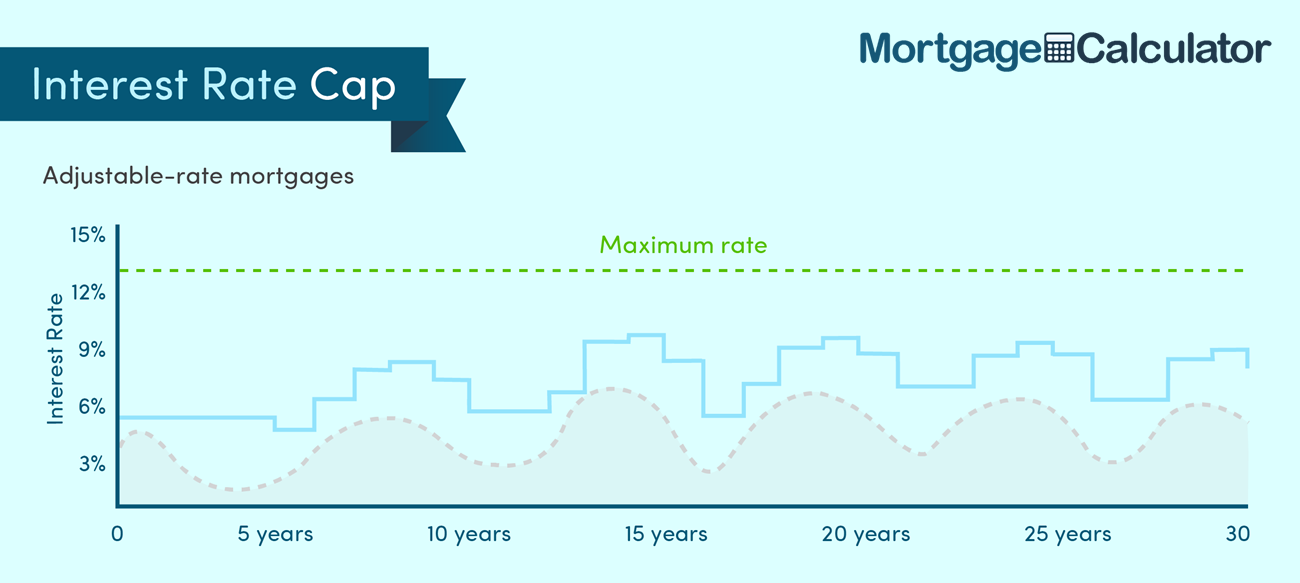Here's an example from Thompson to help show the length of time it can require to benefit from buying a point. Say you're taking out a $400,000 loan. One discount rate point would cost $4,000 paid at closing; presume you can manage that on top of your other closing costs. Based upon mortgage rates the day she was interviewed, Thompson stated purchasing a point would save approximately $57 a month on that $400,000 mortgage.
In this example, it's about 70 months, or nearly six years. That indicates if you planned to stay in the house for 6 years, you 'd break even, and any longer than that, you 'd save money. But if you vacated before then, you 'd have lost money by purchasing points. Yes, you can.
In reality, when shopping lenders, it's an excellent concept to request for a loan deal with absolutely no points. That way you can compare one loan provider to another on an equal basis. You can constantly decide to purchase discount points after you pick the home mortgage lending institution you'll be working with.
Things about How Bank Statement Mortgages Work
When you check out the fine print, you might discover that one, two or perhaps 3 or more discount rate points have been factored into the rates. Again, discount rate points are completely optional. You'll wish to discover out what a lender's rate lacks including a bunch of in advance charges. No, the regards to your loan are set prior to closing.

If you detail your tax reductions, rather than taking the standard deduction, you might have the ability to subtract the points you paid on a home mortgage for your primary home. The deduction might be limited by the amount you borrow to purchase the house.
Mortgage points are fees that you pay your mortgage lender upfront in order to minimize the rates of interest on your loan and, in turn, your regular monthly payments. A single mortgage point equals 1% of your home mortgage amount. So if you take out a $200,000 home loan, a point is equivalent to $2,000.
Excitement About How Do Dutch Mortgages Work
Like any monetary decision, this isn't necessarily a great move for everybody, though. As you choose if paying for mortgage points makes sense for you, speak to a regional monetary consultant about how a home mortgage can impact your long-term monetary strategy. Home loan points basically are special payments that you make at the closing of your home loan in exchange for a lower rate of interest and monthly payments on your loan.
In the home purchasing world, there are 2 kinds of home mortgage points:: These are generally home loan points as described above. The more points you buy, the more your rate falls. Lenders set their own home mortgage point structure. So the depth of how far you can dip your rate eventually depends on your lender's terms, the type of loan and the total housing market.
: These cover the expenditures your lending institution made for getting your loan processed. The amount of interest you can shave off with discount points can vary, however you can generally work out the terms with your lending institution. These are part of total closing costs. Picture this scenario. You take out a 30-year-fixed-rate mortgage for $200,000 with a rates of interest at 5.
The Single Strategy To Use For How Do Balloon Mortgages Work
Your month-to-month payment with no points translates to $1,136. Then, state you buy 2 home mortgage points for 1% of the loan amount each, or $4,000. As a result, your rate of interest dips to 5%. You end up conserving $62 a month since your new monthly payment drops to $1,074. how do fannie mae mortgages work. To determine when you 'd get that cash back and begin conserving, divide the amount you paid for your points by the quantity of monthly savings ($ 4,000/$ 62).
5 months. So if you remain in your house longer than this, you end up saving money in the long run. Remember that our example covers only the principal and interest of your loan. It does not account for elements like residential or commercial property taxes or house owners insurance coverage. If you are purchasing a house and have some additional money to include to your xem bd truc tuyen down payment, you can think about buying down the rate.
This is an especially excellent strategy if the seller wants to pay some closing expenses. Often, the process counts points under the seller-paid expenses. And if you pay them yourself, mortgage points generally end up tax deductible. In numerous re-finance cases, closing costs are rolled into the new loan.

The 3-Minute Rule for How Canadian Mortgages Work
Then you can finance them into the loan and lower your monthly payment without paying of pocket. In addition, if you prepare to keep your house for a while, it would be clever to pay points to reduce your rate. Paying $2,000 might look like a high charge to lower your rate and payment by a percentage.
The lower the rate you can secure in advance, the less most likely you are to desire to refinance in the future. Even if you pay no points, whenever you refinance, you will incur charges. In a low-rate environment, paying points to get the absolute finest rate makes good sense. You will never ever desire to refinance that loan again.
If rates drop in the future, you may have a possibility to refinance prior to you would have completely taken benefit of the points you paid initially. If you can't afford to make large upfront payments at the closing of your home mortgage application, you may wish to keep the current rates of interest and refinance your mortgage at a later date.
Some Known Facts About How Do Mortgages Work When You Move.
This makes good sense if you have actually made timely payments on your old home mortgage, have settled a good quantity of your principal, and enhanced your credit rating considering that you first acquired the initial home loan. If you have actually got some cash in your reserves and can afford it, buying home loan points may be a rewarding financial investment.
If this holds true for you, it helps to first crunch the numbers to see if home loan points are really worth it. A monetary advisor can assist you through this process if you don't know where to start. Why do so lots of loan providers estimate an origination fee? To get a real "no point" loan, they need to reveal a 1% charge and after that give a corresponding 1% refund.
If the lending institution does not divulge a certain fee in the start, it can not add that fee on later on. If a lender divulges a loan estimate prior to securing the loan terms, failure to disclose an origination charge (or points) will bind the lender to those terms. This might sound like a great thing.
Rumored Buzz on How Do Mortgages Work For Fresh Credit Lines
Suppose you obtained a loan when the rate was 3. 5%. When you are prepared to secure, the rate https://www.inhersight.com/companies/best/reviews/management-opportunities is worse. Your loan officer states you can get 3. 625% or 3. 5% with the cost of a quarter of a point (0. 25%). If no points or origination charges reveal up on your loan price quote, the lending institution wouldn't be able to use you this 2nd alternative.